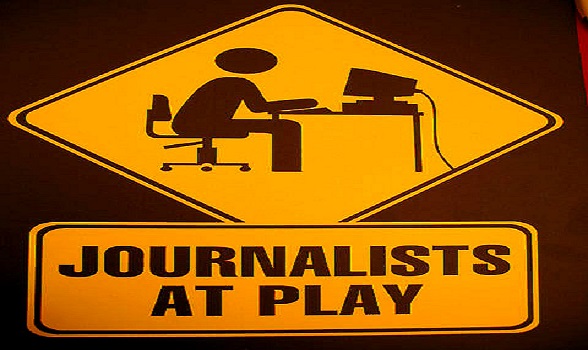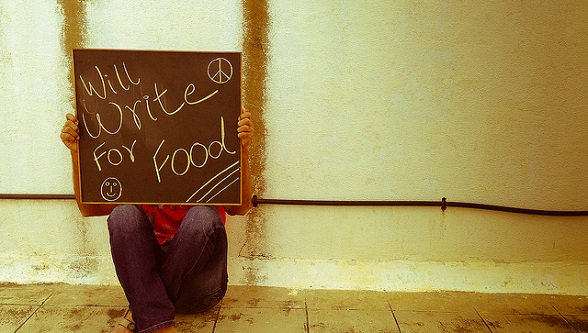 Quick notes: the inspiration and imperative of place in creative writing
Quick notes: the inspiration and imperative of place in creative writing
Recently, I graduated from Lesley University with an MFA in creative writing, and I decided that I wanted to share what I learned in a series of blog posts.
I decided to share for two reasons:
1) My notes, although not too detailed, could possibly help other writers.
2) Rewriting my notes forces me to re-read and re-think everything I learned, so it’s a win-win.
But before we dive in, please keep two things in mind:
1) These notes are neither complete nor perfect. The classes at Lesley were not typical lecture/note classes; the classes were filled with writing and thinking exercises and often this left no time for notes (in a good way). However, even with that, these sparse notes, I do believe, could still offer value.
2) I may, from time to time, include actual writing prompts from the classes, please bare with me, they’re first drafts and were done in the moment.
I hope you enjoy this series of notes and if you have any questions about the notes, Lesley University, or MFA’s, please feel free to contact me.
The Inspiration and Imperative of Place
Nature abhors a vacuum.
Writing also abhors a vacuum.
Combine place and people. Allow one to stand in for the other. They can highlight one another.
Landscape can invoke memoires and emotions.
Place matters when setting a scene. Two people in a restaurant are different than two people in the woods.
In Class Writing: Place: Raining:
“It pours down, each droplet seeping into the ground, into my uniform, into me. It begins to pool. The ground is full, my boots are filled, neither of us have anywhere else to go. I must stay put, guard duty knows no weather. The rain must rain, it knows nothing else.”
“A flare goes into the sky, highlighting a thousand drops in mid-air, I look around, moving between the drops, between the trees, my enemies approach. It is merely a training exercise, but we are both wet, tired and angry. We need enemies. We both raise our rifles, water flows into our forward sights. We fire. Neither hits.”
*Use all your senses, if you can.*
Click here to see more MFA Notes…
Recommended book for this section: Description & Setting, by Ron Rozelle.
Picture: Flickr/madame.furie

